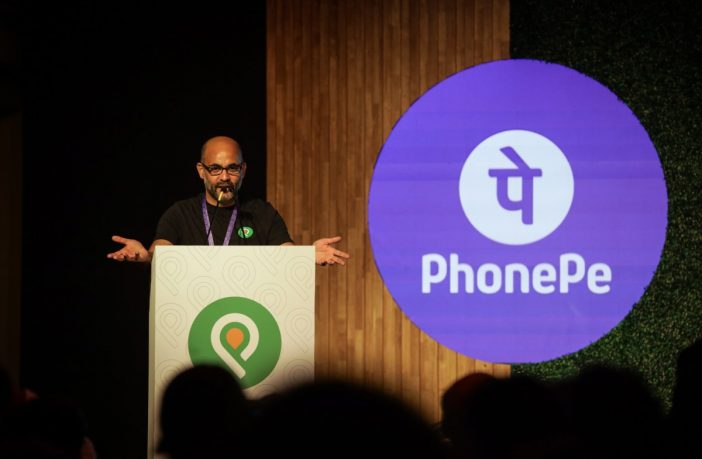PhonePe launched developer platform Indus AppStore on Saturday, promising zero platform fees and no commission on in-app purchases, as the Walmart-backed fintech fights to win over Android developers in Google’s biggest marketplace .
The Bangalore-based startup, which has over 450 million registered users on its eponymous payments app, said developers can start registering and uploading their apps on the ‘made in India’ app store from now on. The app store, for which PhonePe has also partnered with phone manufacturers for distribution, offers many locally relevant features, including support for third-party payment providers, 12 Indian languages and a connection that revolves around telephone numbers.
PhonePe will not charge developers a registration fee for the first year, but will then move to a “nominal” cost, it said. The startup will also not charge a commission on in-app purchases, compared to 15 to 30% for Google. PhonePe, India’s UPI-based payments market leader, said it has set up an India-based team to offer support to developers, addressing concerns of local developers who were unhappy with Google’s delayed responses and hours of operation in the US time zone.
TechCrunch reported PhonePe’s plan to launch the App Store in April. PhonePe, which raised $850 million in recent quarters and acquired IndusOS in 2021 and then fought a legal battle to finalize the startup’s acquisition, has been working on the App Store for years and internally views it as a crucial strategic decision, according to people familiar with the matter.
The launch of the Indus Appstore Developer Platform comes at a time when many Indian companies and startups are increasingly frustrated with Google, whose Android mobile operating system runs on more than 95% of all smartphones in the country.
But despite the market size, app developers in India have historically been forced to work with a single app store to distribute their apps, Akash Dongre, co-founder and chief product officer of Indus Appstore, said in a statement. (Even though Apple is increasingly expanding its presence in India, its market share remains low in the country.)
“Indus Appstore hopes to provide app developers with a credible alternative to the Google Playstore – one that is more localized and offers better app discovery and consumer engagement,” he added.
PhonePe’s attempt is not the first by local entrepreneurs to fight what they see as exorbitant fees charged by the Google Play Store. Many Indian companies have knocked on New Delhi’s door to intervene in recent years and some have pinned their hopes on an alliance of mini app stores led by Paytm.
The Walmart-backed startup, previously part of Flipkart, is optimistic about the Indian watchdog’s efforts to force Google to accept third-party app stores and features relevant to local needs, such as time analytics. Real, in-depth analysis of the industry. information on trends and competitor ratings will be more effective than previous attempts.
India is a key overseas market for Google, where it has deployed more than $10 billion over the past decade as the Android maker raced to find the next big growth markets outside the United States . Google reaches more than 700 million internet users in the South Asian market, but is increasingly facing criticism and regulatory intervention in the country.
The company was hit with two antitrust fines in India a year ago and was forced to make several changes to its business deals with phone makers and other partners. Google’s compliance came weeks after it warned that changes to its business terms would drive up the price of devices in the world’s second-largest smartphone market and lead to a proliferation of uncontrolled apps that would constitute threats to individual and national security.
For PhonePe, the app store is the latest in a series of initiatives from the fintech startup as it expands into several new categories. The $12 billion startup launched an e-commerce app this year and last month unveiled Share.Market, an app that lets users open their trading accounts and invest in stocks, mutual funds and ETFs.
Tech




